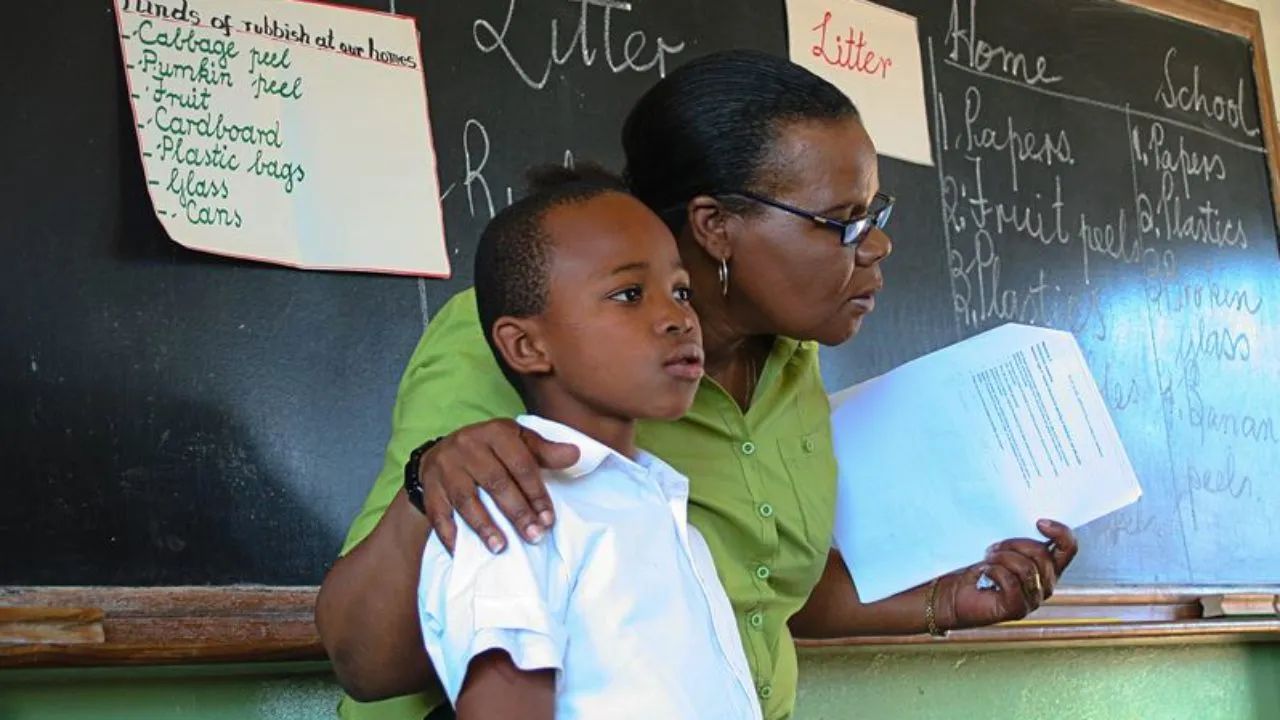The requirements of teaching are multifaceted, encompassing a blend of academic qualifications, personal attributes, and practical experience. For those passionate about shaping young minds and contributing to the educational landscape, understanding these requirements is crucial. In this article, we’ll explore the essential requirements of teaching, providing a roadmap for aspiring educators in South Africa and beyond.
What Are the Core Requirements of Teaching?
Academic Qualifications
One of the primary requirements of teaching is obtaining the necessary academic qualifications. In South Africa, this typically means earning a Bachelor of Education (B.Ed.) degree or a Postgraduate Certificate in Education (PGCE) if you already hold a degree in another field. These programs equip future teachers with the theoretical knowledge and practical skills needed to excel in the classroom.
Professional Registration
After completing your academic training, the next step is to register with the South African Council for Educators (SACE). This registration is a mandatory requirement of teaching in South African schools. It ensures that educators meet the professional and ethical standards set by the council.
The Personal Attributes Essential for Teaching
Passion for Education
A genuine passion for education is one of the most critical requirements of teaching. This passion fuels your commitment to student success and helps you stay motivated despite the challenges that come with the profession.
Patience and Empathy
Teaching is a demanding job that requires a high level of patience and empathy. Understanding and addressing the diverse needs of students, especially in a country as diverse as South Africa, is a fundamental requirement of teaching.
Practical Experience: Bridging Theory and Practice
Classroom Experience
Gaining practical experience is a crucial requirement of teaching. Most education programs include a period of student teaching or internships, where aspiring educators can apply their theoretical knowledge in real classroom settings. This hands-on experience is invaluable in developing effective teaching strategies and classroom management skills.
Continuous Professional Development
The field of education is constantly evolving, and staying updated with the latest teaching methods and educational technologies is a key requirement of teaching. Engaging in continuous professional development through workshops, seminars, and additional courses ensures that teachers remain effective and relevant in their practice.
Navigating the Challenges: Requirements of Teaching in Diverse Environments
Cultural Competence
South Africa’s diverse cultural landscape means that cultural competence is a significant requirement of teaching. Educators must be able to create inclusive environments that respect and celebrate cultural differences. This competence helps in fostering a sense of belonging and engagement among students from varied backgrounds.
Adaptability
Adaptability is another vital requirement of teaching. The ability to adjust teaching methods to suit different learning styles and environments ensures that all students have the opportunity to succeed. This adaptability is particularly important in South Africa, where educational resources and classroom conditions can vary widely.
Frequently Asked Questions (FAQs)
What academic qualifications are required to become a teacher in South Africa?
To become a teacher in South Africa, you typically need a Bachelor of Education (B.Ed.) degree or a Postgraduate Certificate in Education (PGCE) if you have a degree in another field.
Is professional registration mandatory for teachers in South Africa?
Yes, registering with the South African Council for Educators (SACE) is a mandatory requirement of teaching in South African schools.
What personal attributes are essential for teaching?
Passion for education, patience, and empathy are crucial personal attributes that are essential requirements of teaching.
How important is practical experience in the teaching profession?
Practical experience is a vital requirement of teaching as it allows aspiring educators to apply theoretical knowledge in real classroom settings, developing effective teaching strategies and classroom management skills.
Why is continuous professional development important for teachers?
Continuous professional development is important because it ensures that teachers stay updated with the latest teaching methods and educational technologies, maintaining their effectiveness and relevance in the classroom.
Conclusion
The requirements of teaching go beyond academic qualifications, encompassing personal attributes, practical experience, and continuous professional development. For those committed to making a difference in the educational landscape, understanding and meeting these requirements is the first step towards a rewarding career in teaching. By fostering a passion for education, developing cultural competence, and staying adaptable, aspiring educators can contribute to a brighter future for South Africa’s students.
